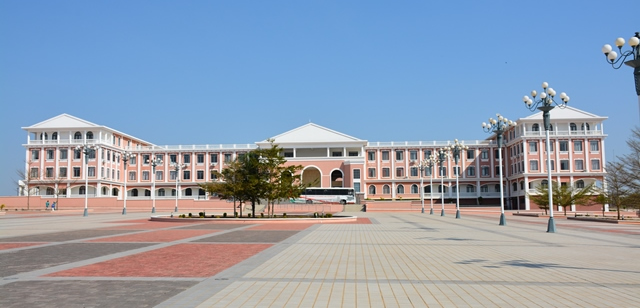MUST · Where Excellence Reigns

Malawi University of Science and Technology


Tadala Kamanga
Dean of the Faculty of Engineering

Mphatso Nkhata
Research Fellow in Renewable Energy

Dalitso Kambewa
Lecturer in Biomedical Engineering
